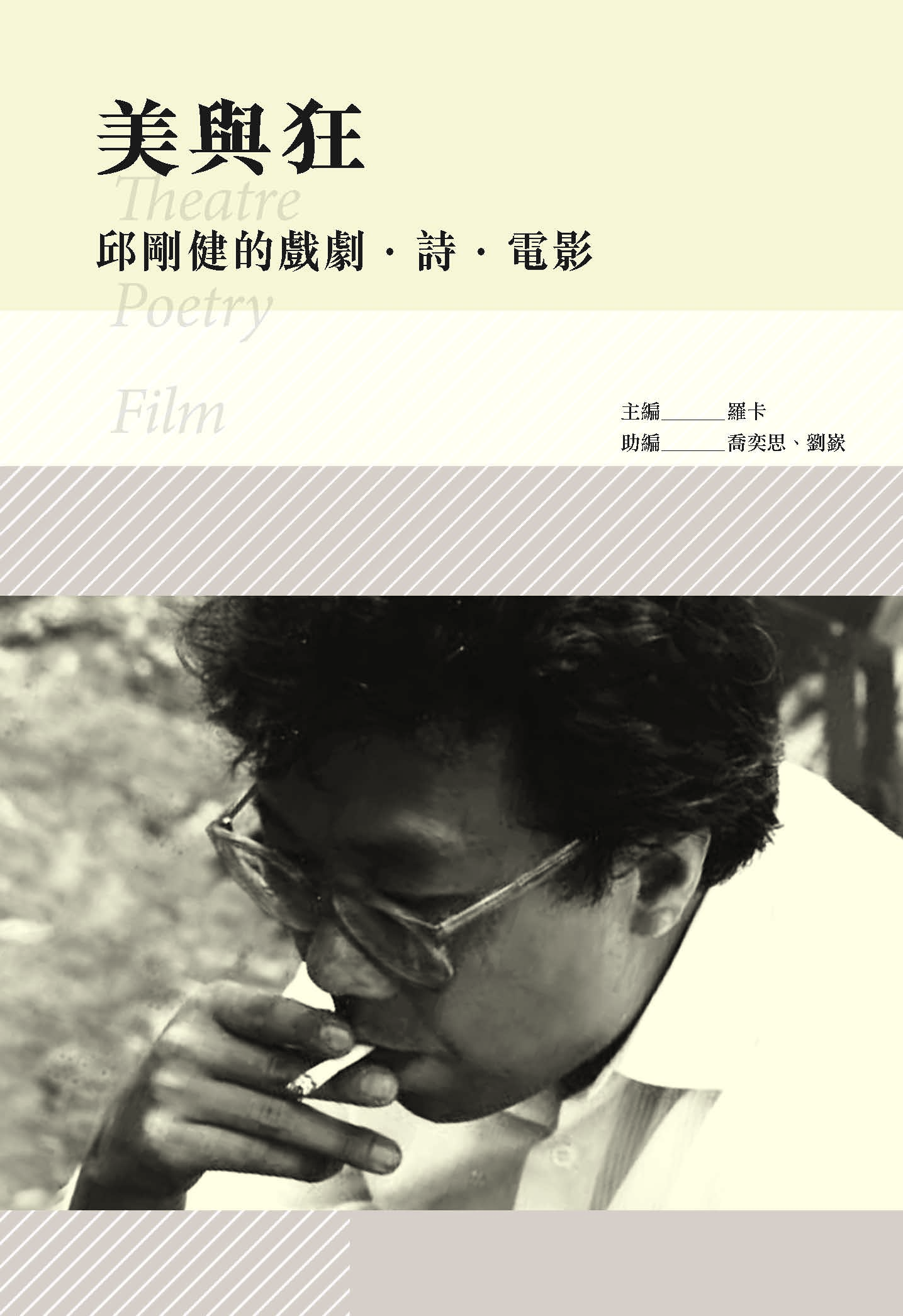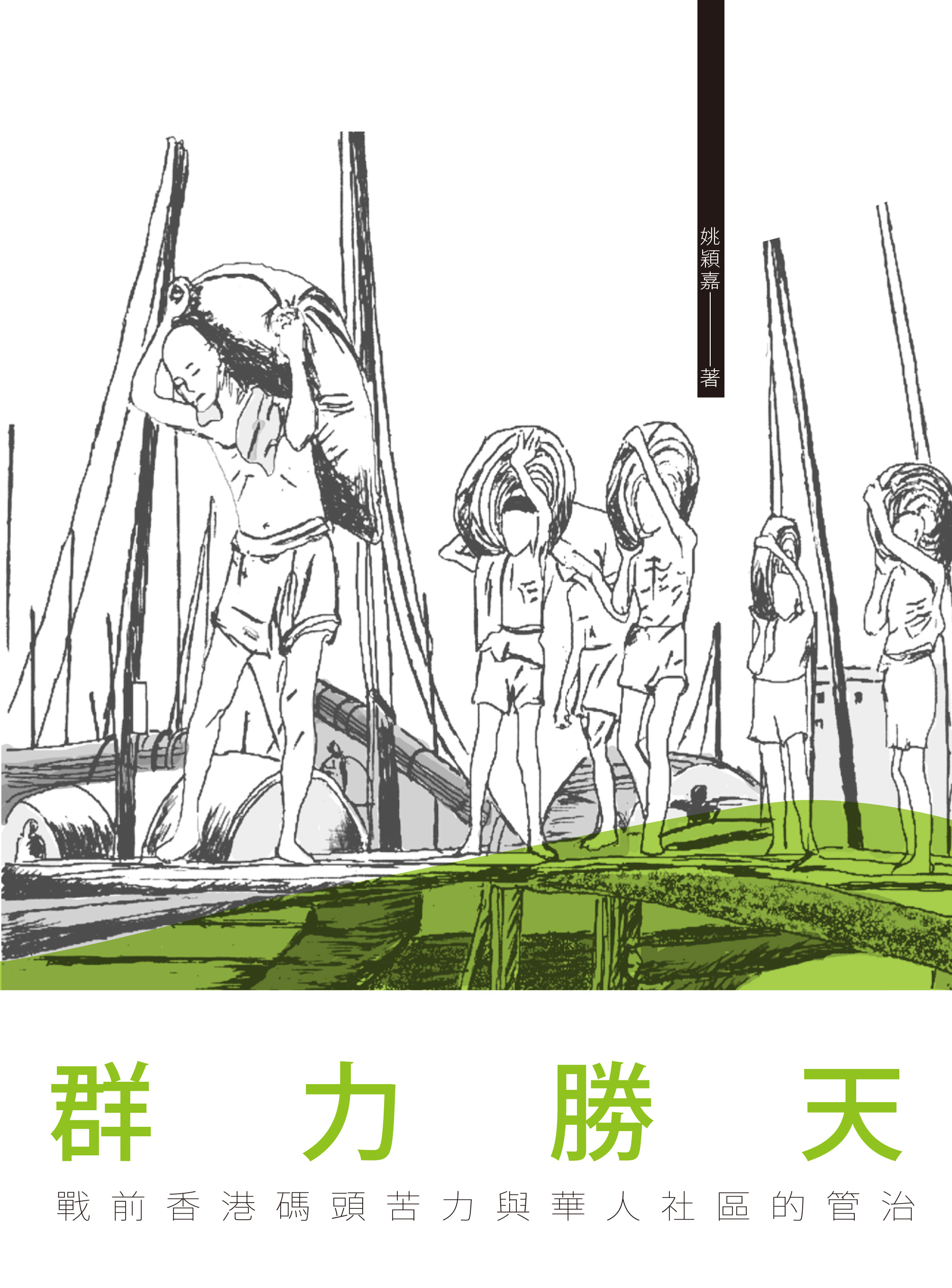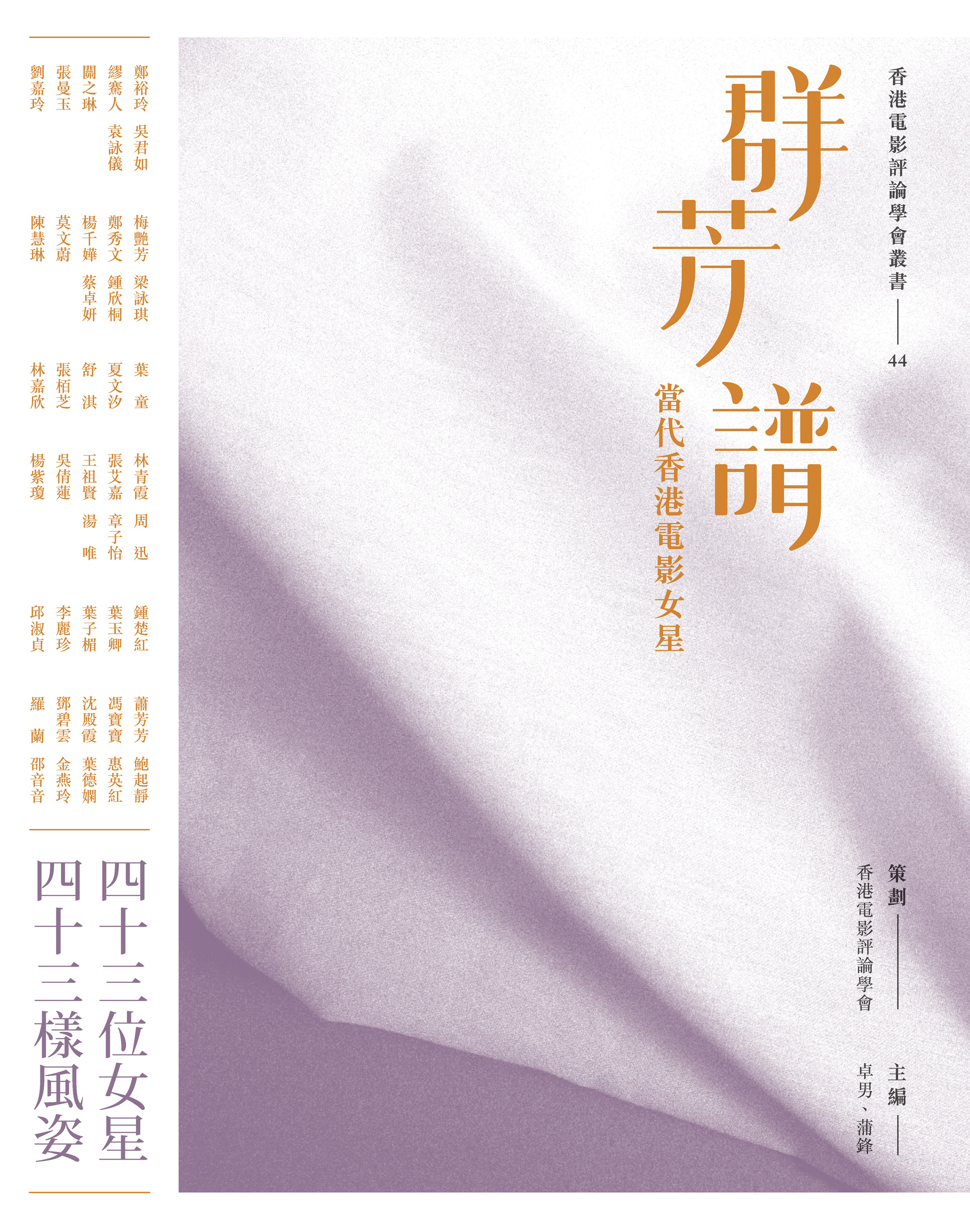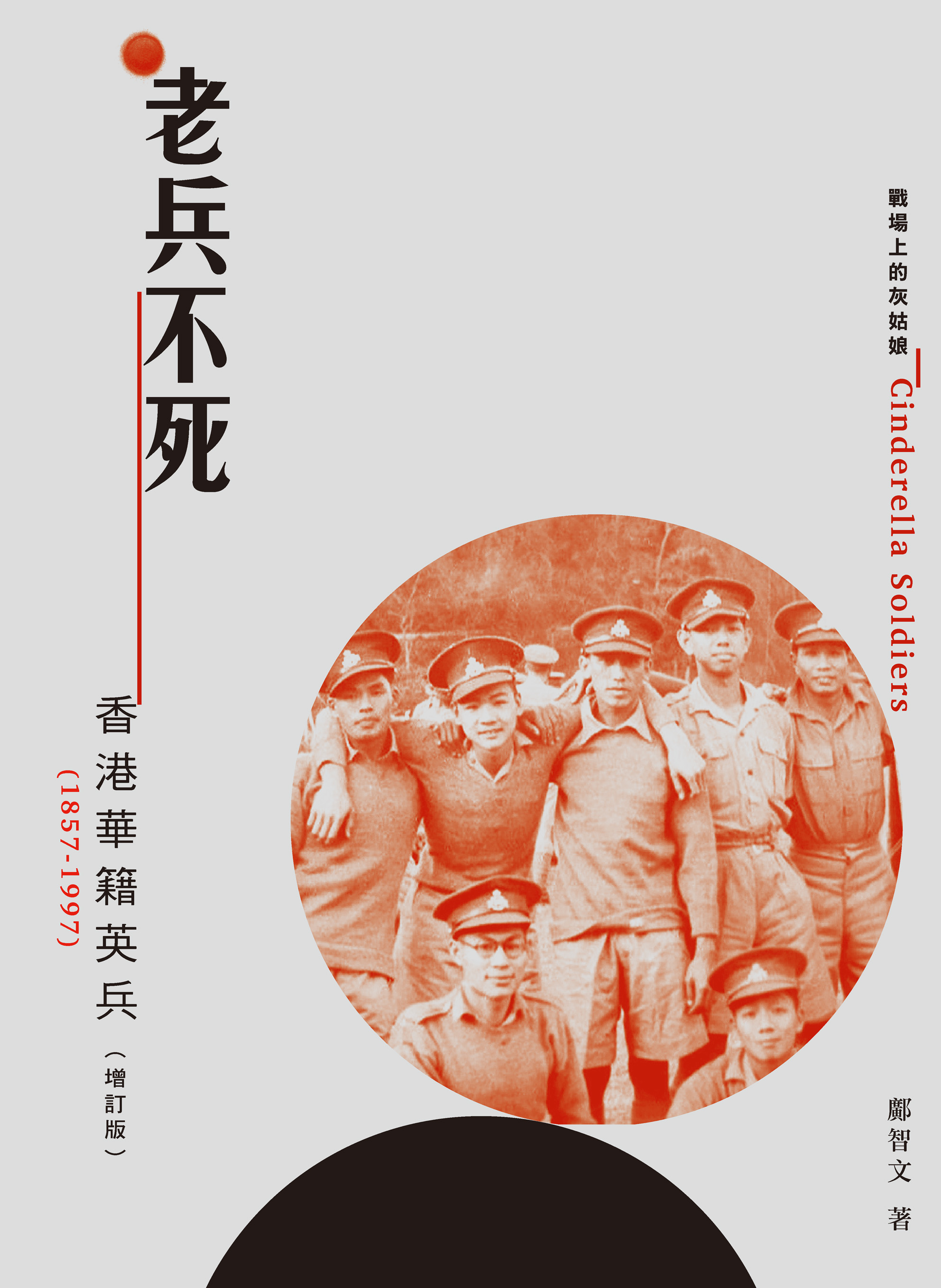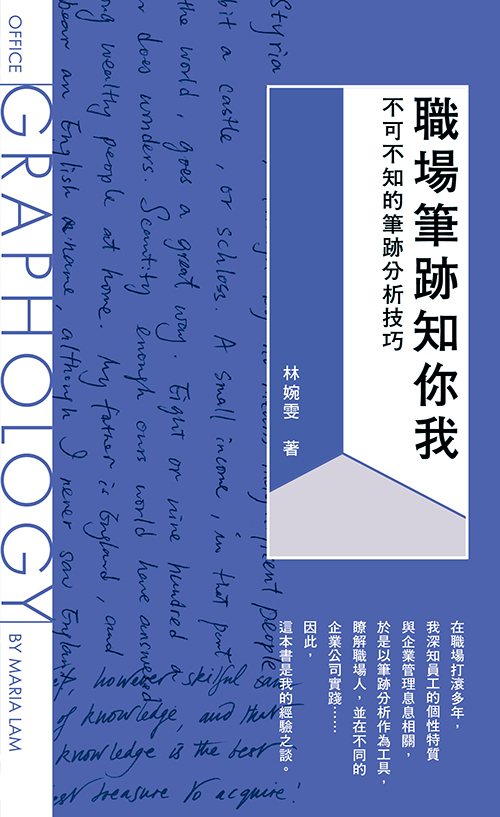e-Book List
e-Book
She kept her heart for herself to eat when she was hungry – Yau Kong-kin's Love Poem Yau Kong-kin wrote avant-garde literature and practiced art when he was young. Then devoted himself to the mainstream film industry. After many years of experience and persistence, he became a well-known screenwriter in Taiwan, Hong Kong and mainland China. His life and writing experiences have been intertwined with the changing film trends as well as cultural and artistic landscapes in Hong Kong and Taiwan since the 1960. This book traces Yau's creative process from his early years to his later years, focusing on films, and also covering drama, poetry, novels and his artistic and literary creation concepts. At the same time, it includes Yau's early plays, novels, poems and experimental film and drama notes, alongside his correspondences with friends discussing about literature and art, in a view to present Yau's creative process from multiple perspectives. Yau Kong-kin (1940-2013) was a screenwriter, poet, film coordinator and director. He was born on Gulangyu Island, Fujian, and moved to Taiwan with his family in 1949. After graduating from the Film and Drama School of Taiwan Art College, he studied in Honolulu, Hawaii. In 1965, he and Zhuang Ling launched the "Theatre" quarterly, and together with editors from Hong Kong and Taiwan, translated and introduced contemporary Western film theories and drama works to a Chinese speaking audience. He directed the play "Waiting for Godot", and filmed the bold and avant-garde experimental short film "Alienation", forming the first wave of Taiwan's experimental films that spread to Hong Kong. In 1966, Yau joined Shaw Brothers Studio in Hong Kong as an editor. He worked with directors such as Chang Cheh, Chu Yuan, Ann Hui, Kwan Kam-Pang, and Johnnie To under the pen names of Dai Anping, Qiu Dai Anping, and Qiu Shui Chang An. His important works include "The Killer Rings" (1968, Yue Feng), "The Big Boss" (1971, Chang Cheh), "Escape from Coral Cove" (1982, Tang Kim-Ming), "Boat People" (1982, Ann Hui), "The Story of Woo Viet" (1982, Ann Hui), "The Wild Girls" (1984, Fang Ling-Ching), "Dream Lovers" (1986, Au Ting-Ping), "Underground Romance" (1986, Kwan Kam-Pang), "Red Dust" (1988, Kwan Kam-Pang), and "Center Stage" (1992, Kwan Kam-Pang). These are all famous Hong Kong films with brilliant achievements, and many of them are the director's representative works. His screenwriting works have earned him the Hong Kong Film Award for Best Screenplay three times, and he is highly respected by his peers in the film industry. The Hong Kong Screenwriters Association regards him as a master. Yau Kong-kin continued his poetic, delicate, and avant-garde style and directed "The Magnificent Concubine" (1985) and "Ah Ying" (1993). He moved to New York in the early 1990s and settled in Beijing in his later years. He never stopped writing poetry and published poetry collections such as "Dead Wife, Z, and Miscellaneous Thoughts" and "Starting Again When You're More Debauched".
- AuthorLaw Kar, Joyce Yang, Lau Yam
- PublisherJoint Publishing
- Publication Date2014
The author's research covers the period from 1844 to 1945. By understanding the life and work of dock coolies, the author examines how these Chinese lower-class interacted with the government to shed new light on Chinese society. The study focuses on the dock coolie community because there is a lack of relevant discourse in existing Hong Kong historical literature. Since it became a free port, the relationship between the shipping industry and Hong Kong's economic development has been close. Before the war, the transportation of goods relied on manpower, and it was an industry that many grassroots Chinese relied on for their livelihoods due to a lack of survival skills. Therefore, dock coolies’ life is representative of the general conditions experienced by the Chinese community in Hong Kong. This study uses a social history perspective to look at the history of Chinese people and the colonial government through the Hong Kong dock coolie community, as a supplementary discourse to Hong Kong history. The author uses a micro-historical approach to reconstruct the history of the lower-class community by collecting and organizing a large amount of fragmented historical materials, thereby achieving the goal of reflecting on Hong Kong people's values.
- AuthorJoanna Yiu Wing-ka
- PublisherJoint Publishing
- Publication Date2015
Written by a film critic, this book portrays women personalities in Hong Kong’s show business on a personal level, presenting a collective landscape. In the 1970s, Hong Kong films were in a period of transition. After the new wave, a new generation of stars emerged. Among them were actresses who could really act, goddesses, sex bombs, female martial artists, singing divas, pretty daughters from humble background, female comedians, women villains, and horror queens, adding rich colors to the golden age of Hong Kong films in the 1980s, 1990s. This book analyzes 43 contemporary Hong Kong female film stars from different angles, revealing their charm, personalities, acting skills, personal backgrounds, directors collaborating with them, and the spirit of the times, projecting their intriguing and fascinating performances on the screen.
- AuthorCecilia Wong, Po Fung
- PublisherJoint Publishing
- Publication Date2017
Hong Kong education is often criticized for stressing rote learning and even making students sick. In addition, students have different learning abilities, and teachers cannot meet the needs of all students in the classroom at the same time. In view of this, a group of teachers hope to bring changes to education, promote flipped teaching, and return the classroom to students. Eight teachers share their experiences on the road to flipped teaching in this book, hoping to provide alternative teaching methods for teachers who are suffering from the same problem.
- AuthorFlipEdu
- PublisherJoint Publishing
- Publication Date2018
As early as 1857, the British army recruited Chinese people to serve as logistics workers. At the end of the 19th century, Chinese sailors, torpedo gunners, and labor teams appeared in Hong Kong one after another, and their roles were different. During World War II, ethnic Chinese joined the British army extensively. In addition to the well-known British Army Service Corps, there were also artillery, engineering, Chinese Legion, defense forces, and special forces such as the Hong Kong Volunteer Brigade on the Burma battlefield. After the war, ethnic Chinese soldiers in the British army continued to play a role in Hong Kong's defense. It was not until 1997 that their identity became a historical imprint with the end of the colonial era. Although these soldiers have faded out of history with the transfer of Hong Kong's sovereignty, they have indeed contributed to defending Hong Kong and even old China in the past century of military service. Although the identity of ethnic Chinese British soldiers has vanished into thin air, it has made it into history, and their spirit should be remembered by people. As a military song says, "Old soldiers never die, they just fade away." The cooperation between ethnic Chinese and British soldiers for more than 100 years is a unique portrayal of the history of "Chinese and foreign coexistence" in Hong Kong. This book is not only to rediscover "local soldiers" and review this forgotten history of Hong Kong, but also to examine the relationship between British colonizers and Hong Kong Chinese from the perspective of Chinese British soldiers.
- AuthorKwong Chi-man
- PublisherJoint Publishing
- Publication Date2018
As a subordinate, do you want to know what your boss is really thinking? How to get along with colleagues? Are you ready for a job change? Does being old mean that you're no longer willing and able? If you are the boss, where can you find outstanding employees? Can you tell if employees are stressed out from their handwriting? How to motivate employees to work hard? Signatures are especially important in the workplace, so should you sign sloppily or clearly? What does a signature with a heart shape tell? What are the characteristics of people who draw a straight line under their signature? The author has survived in the workplace for many years and knows that employees' personalities are closely related to the management. Therefore, she uses handwriting analysis as a tool to understand people in the workplace. This book summarizes her experience.
- AuthorMaria Lam
- PublisherP.PLUS
- Publication Date2022
- Preview


